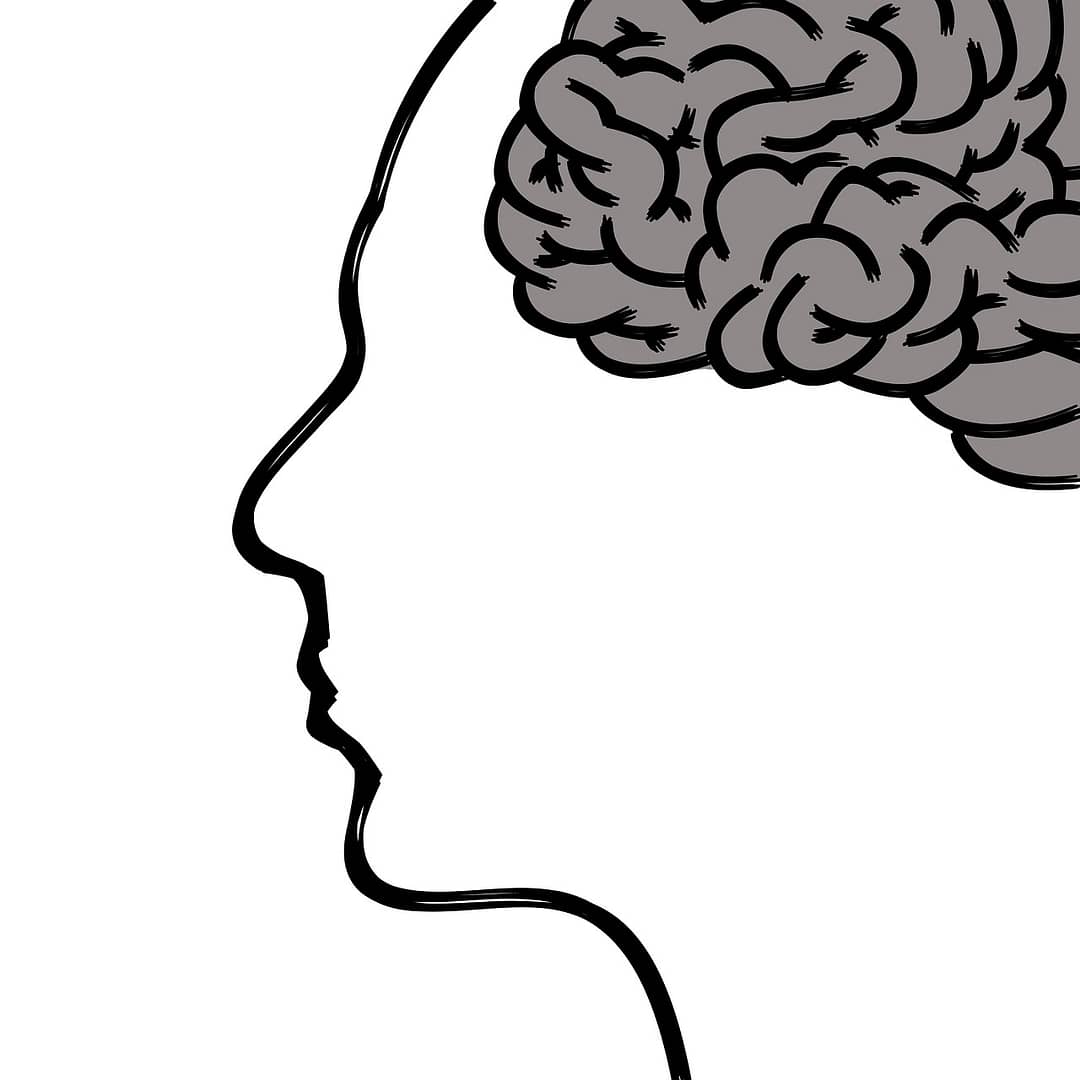When a person sustains a brain injury, whether through a traumatic accident, a sudden blow to the head, or a medical condition, the road to recovery can be long and challenging. Along this journey, proper and comprehensive continuing care becomes an essential component in helping individuals regain their independence and improve their quality of life. In this article, we will explore the significance of continuing care following a brain injury, the timeline of recovery, and the crucial role it plays in the lives of those affected. We will also explain the best way to approach a serious injury claim.
Understanding the Impact of Brain Injuries
Before delving into the importance of continuing care, let’s take a moment to understand the impact of brain injuries on individuals. The brain is a complex organ responsible for controlling various bodily functions, cognition, emotions, and behavior. When a brain injury occurs, whether it’s a mild concussion or a severe traumatic brain injury (TBI), it can disrupt these vital functions, leading to a wide range of physical, cognitive, and emotional challenges.
The Journey to Recovery
The journey to recovery after a brain injury can be likened to embarking on a new and unfamiliar path. Each individual’s experience is unique, and the recovery timeline can vary significantly from person to person. While some may show rapid progress, others may face slow and steady improvements over time.
The Role of Rehabilitation
Following a brain injury, the first step in continuing care is often rehabilitation. Rehabilitation is a specialized process that helps individuals regain lost skills, learn new coping strategies, and adapt to their changed circumstances. It involves a team of healthcare professionals, including neurologists, physical therapists, occupational therapists, and speech therapists, who work together to create personalized treatment plans.
The Importance of Early Intervention
Early intervention is crucial in the rehabilitation process. It can make a significant difference in the extent of recovery a person achieves. The brain has a remarkable ability to rewire and form new connections, especially in the early stages after injury. With timely and focused rehabilitation, individuals have a better chance of maximizing their recovery potential.
How Long to Stay in Rehabilitation?
One common question that arises for those with brain injuries and their families is how long they should stay in rehabilitation. The duration of rehabilitation varies depending on the severity of the brain injury, the individual’s response to treatment, and their specific needs. Some people may only need a few weeks of intensive rehabilitation, while others might require months or even years of ongoing therapy.
The Importance of Individualized Care
Every brain injury is unique, and no two individuals will experience the same recovery trajectory. That’s why individualized care is paramount in ensuring the best outcomes. A one-size-fits-all approach simply won’t suffice in addressing the diverse challenges that come with brain injuries. Healthcare professionals carefully assess each person’s abilities, deficits, and personal goals to tailor a rehabilitation plan that suits their specific needs.
The Timeline after a Brain Injury
Understanding the timeline of recovery can provide valuable insights into what to expect during the continuing care journey.
Acute Phase (Days to Weeks)
The acute phase occurs immediately after the brain injury and can last for days to weeks. During this time, the primary focus is on stabilizing the individual and preventing further damage. Medical interventions and monitoring are critical in this phase.
Subacute Phase (Weeks to Months)
As the individual’s condition stabilizes, they move into the subacute phase, which can last for weeks to months. This is when rehabilitation efforts intensify, and the individual begins to engage in therapies to regain lost skills and independence.
Long-Term Recovery Phase (Months to Years)
The long-term recovery phase can extend from months to years after the brain injury. This is a period of ongoing progress, where individuals continue to work on improving their abilities and adjusting to their new normal.
Lifetime Management
It’s essential to understand that for some individuals, the impact of a brain injury may be lifelong. In such cases, the focus shifts from acute rehabilitation to long-term management and support to ensure the person’s well-being and quality of life.
The Continuum of Care
The journey of continuing care doesn’t end with rehabilitation; it’s a continuum that extends beyond the initial phases of recovery. Many individuals with brain injuries require ongoing support and assistance to maintain their progress and navigate the challenges that arise.
Transitioning to Community Living
As individuals regain their independence, they may transition from specialized rehabilitation facilities to community living. This step can be both exciting and daunting, as they face new environments and encounter various barriers. Social workers and support groups play a vital role in assisting with this transition and connecting individuals to resources in their communities.
Home-Based Support
For some individuals, home-based care becomes a crucial part of their continuing care journey. Family members and caregivers play a significant role in providing day-to-day support, ensuring medication adherence, and assisting with daily living activities.
Making a Serious Injury Claim
In cases where a brain injury is the result of an accident or negligence, individuals may have the option to make a serious injury claim. This legal process allows them to seek compensation for the damages they have suffered, including medical expenses, lost wages, and pain and suffering. Making a serious injury claim can provide the financial resources needed to access the best possible continuing care and support.
The Importance of Consulting National Claims
Navigating the legal system can be overwhelming, especially for those dealing with the aftermath of a brain injury. Engaging the services of National Claims can significantly impact the success of the claim. We will advocate on behalf of the injured party, ensuring their rights are protected, explaining the claims process, and that they receive the compensation they deserve.

Conclusion
The journey of continuing care following a brain injury is one of resilience, hope, and determination. From the early stages of rehabilitation to the lifelong management of challenges, each step is vital in helping individuals reclaim their lives and independence. Through personalized and compassionate care, healthcare professionals, family members, and support networks can make a profound difference in the lives of brain injury survivors.
As we continue to advance our understanding of brain injuries and rehabilitation techniques, we are better equipped to provide the best possible care for those affected. Early intervention, individualized treatment plans, and ongoing support are all essential elements in the journey to recovery.
Furthermore, the legal option of making a serious injury claim can provide much-needed resources to access continuing care services, ensuring that financial burdens do not stand in the way of progress.
With the collective efforts of medical professionals, caregivers, support groups, and the legal system, we can offer hope and a brighter future for those who have experienced the challenges of a brain injury. As a society, let us continue to prioritize the well-being and inclusivity of all individuals on their path to recovery, embracing their strength and celebrating their accomplishments along the way.
Contact us today to start your claim and find out more about how we at National Claims deal with serious injury claims.
Click below to see why we are one of the most trusted claims management companies in the UK.

We’re proud of our excellent customer reviews
We thrive on delivering exceptional service and ensuring our clients’ satisfaction. Don’t just take our word for it. Check out some of our independent reviews to see what our clients have to say.
Excellent

This firm is excellent, they sorted out my car pay out and injury claim very fast, they always communicate with you all the time.

My accident case was dealt with confidence and with great result of the outcome, especially James kept me informed all the time.

I was very impressed at the way my inquiry was treated. I was listened to attentively and everything I needed to know was explained to me.






